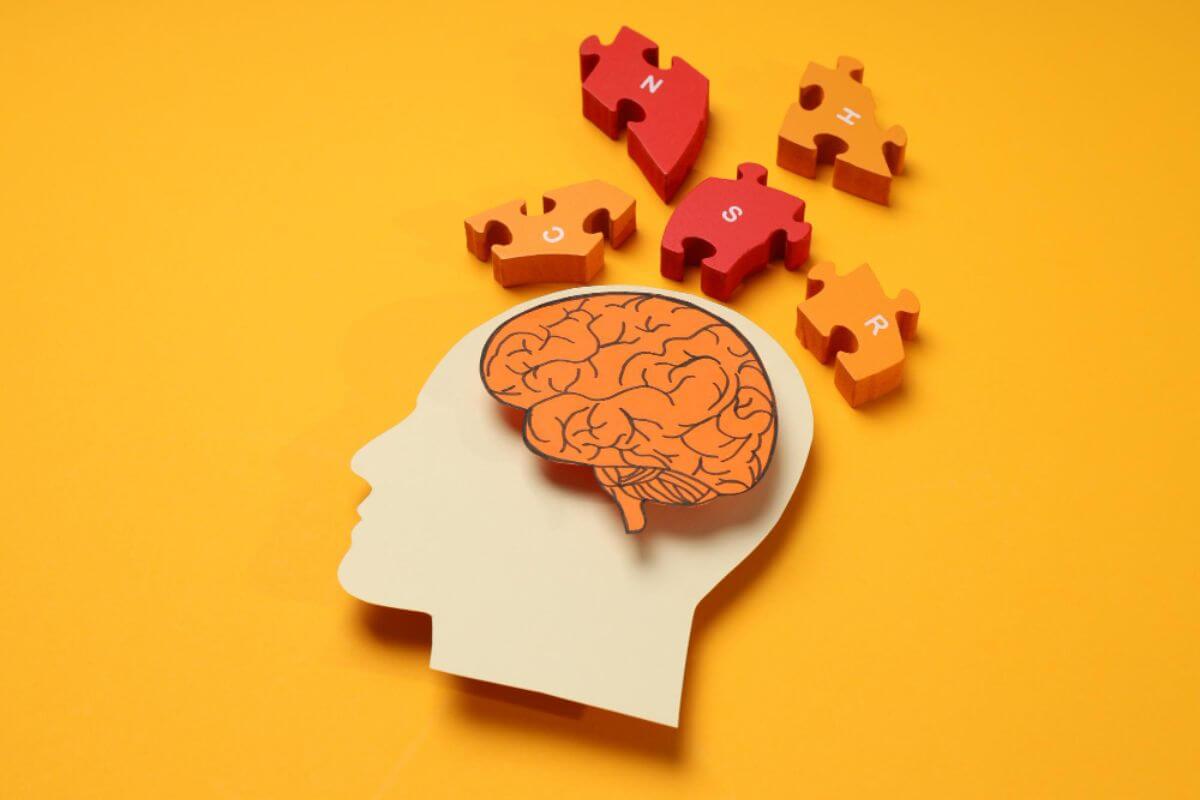Overview:
- As a predominant form of dementia, Alzheimer’s affects people today.
- This common and life-changing problem is characterized by gradual onset and mild memory impairment, with uncertain causes.
- Understanding life expectancy and the different stages of the disease helps individuals and families prepare for the effects of this condition.
In the Philippines, as in many parts of the world, the prevalence of Alzheimer’s disease raises concerns about its impact on the lives of countless individuals. But what exactly is this condition, and why is it so crucial to comprehend Alzheimer’s stages and life expectancy?
As we embark on a journey of understanding and empowerment, this article will also talk about promising natural supplements like Bacopa monnieri, with benefits that help keep your brain sharp as you age.

Alzheimer’s is not just a disease; it’s a life-altering challenge that touches individuals from various walks of life, affecting memory, cognitive abilities, and daily life.
The World Health Organization (WHO) stated that a fresh addition to the 55 million global patients occurs approximately every 3.2 seconds, which makes it alarming. Additionally, the Centers for Disease Control and Prevention (CDC) highlighted that this syndrome stands as the predominant form of dementia, characterized by a gradual onset marked by mild memory impairment and potentially progressing to the point of hindering communication and responsiveness to the surroundings.
The specific causes of the memory disorder remain uncertain, with factors such as genetics, environment, lifestyle, and overall health potentially contributing to its development.
The reach of this condition is broad, affecting not only the elderly but also, in rare cases, the younger generation. Knowing about the lifespan of this memory loss disorder offers a roadmap. It helps individuals and their families prepare emotionally, financially, and physically for the difficulties ahead.
On average, individuals survive about eight years after the onset of symptoms of Alzheimer’s disorder. However, the progression of the illness varies, with some experiencing a rapid decline while others progress slowly. In certain cases, persons may endure the impact of the condition for as long as two decades.

Alzheimer’s unfolds in phases, each with its unique characteristics. Understanding these stages provides a framework for comprehending and adapting to your evolving needs.
Before you notice any signs, changes in the brain start happening years earlier. This is called the preclinical stage of Alzheimer’s disease, and it can go on for a long time.
Traditional observations might not pick up on these changes, but advanced brain imaging technologies can identify crucial indicators like amyloid plaques and neurofibrillary tangles, distinctive features of this neurodegenerative illness.
In the mild, early stage of Alzheimer’s, people may show symptoms like mild forgetfulness and difficulty concentrating. Obstacles include remembering names and recent events, organizing tasks, getting lost, and personality changes. Family and friends may notice these difficulties.
Fortunately, those in the early phase can focus on health and wellness, engaging in meaningful activities. It is also the opportune time to establish legal, financial, and end-of-life plans with active participation from the person with dementia.
The moderate middle stage is the longest cycle, where people may struggle with memory loss, learning new things, and planning complex events. Recognizing friends and family becomes challenging, accompanied by mood swings and impulsive behavior.
As the condition progresses, individuals may lose track of time and place, need help with daily tasks, and exhibit personality changes, including hallucinations or paranoia. Physical changes like sleep problems and wandering away from home may occur.
In the later stages of Alzheimer’s disease, significant changes occur in the brain, leading to a reduction in tissue size. This is due to the spread of plaques and tangles, resulting in a noticeable decline in functioning.
People in this phase may face hardships like difficulties in walking and eating, and they might experience issues with bowel and bladder control. Communication becomes limited to a few words or phrases, requiring constant assistance in all activities.
Taking care of patients with the disorder and making life better for those dealing with the disease is important. As we age, safeguarding our mental health and abilities becomes vital to reducing the risk of conditions like Alzheimer’s and dementia.
Natural supplements, often coupled with holistic approaches like healthy eating and exercise, are believed to improve cognitive function throughout life. Bacopa monnieri stands out as a promising natural resource to enhance brain function, offering hope in the face of neurodegenerative challenges.
Knowing about the different Alzheimer’s stages and life expectancy is not just about information; it’s about compassion, preparation, and a commitment to supporting those on this complicated path.
As we navigate this condition, consider exploring the potential benefits of Bacopa monnieri. This organic herb offers a potential source of support for memory, cognition, and overall well-being. That is why you can now purchase the best Bacopa Monnieri tea in the Philippines right here! Simply contact us and place your order today!

What are natural ingredients that support healthy hair from root to ti

What are the early signs of dementia in men that you shouldn’t ignor

What are the lifestyle recommendations for those with Alzheimer’

Overview This article talks about the different stages of dementia and
Oyuncular için güvenin simgesi haline gelen bettilt giriş politikaları memnuniyet sağlıyor.
Modern tasarımıyla dikkat çeken bettilt sürümü kullanıcıların ilgisini çekiyor.
Ruletin popülaritesi, bettilt bonus kodu tarafından düzenlenen canlı turnuvalarla daha da artmıştır.
Modern video slotları etkileyici grafiklerle birleştiğinde, bahsegel deneme bonusu deneyimi daha da heyecanlı hale getirir.
Güncel kalmak isteyenler bahsegel üzerinden bağlantı kuruyor.
Daha çok eğlence isteyen oyuncular için bettilt oldukça cazip.
Gelecek yılki sürüm olan bettilt yeni özelliklerle geliyor.